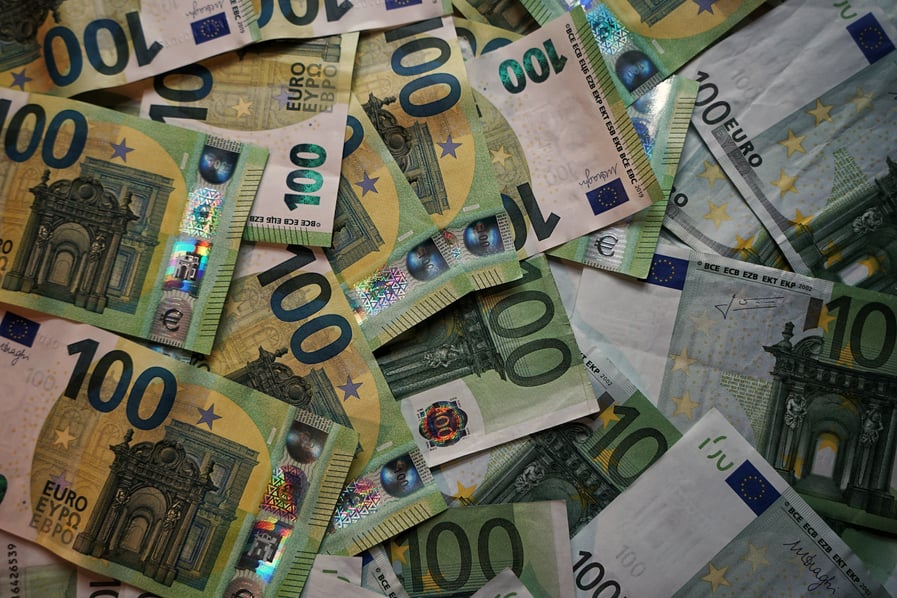This month’s Red Flag Bulletin includes the following stories:
- ABN Amro becomes latest European bank investigated for alleged money laundering offences
- A Russian businessman is successfully removed from the US ‘Kremlin List’; and,
- Argentina’s former president faces trial for corruption.
EUROPE
Netherlands: ABN Amro investigated for money laundering and terrorist financing
On 26 September, Dutch bank ABN Amro announced that the Netherlands public prosecution service is investigating it for alleged money laundering and terrorist financing offences, resulting from insufficient due diligence and customer monitoring practices. Last year, investigators estimated that the bank may have laundered around EUR 13 billion every year between 2004 and 2014. The money laundering investigation is the latest in a series by European authorities into the compliance systems of continental lenders. Earlier in September, Swedbank AB, the largest bank in the Baltic region, admitted that its know-your-client procedures had shortcomings, in responses to Estonian and Swedish financial regulators probing transactions from non-resident clients through its Estonian branch between 2010 and 2016.
European Union: Former Romanian anti-corruption chief to become first EU head prosecutor
On 25 September, the EU Parliament and Council agreed to appoint Laura Kövesi, the former head of Romania’s Anti-Corruption Directorate, as the first chief EU public prosecutor. In her new role, Kövesi will be responsible for investigating and prosecuting crimes against the EU budget, like cross-border VAT fraud and corruption. The European prosecutor’s office will be operational at the end of 2020 and based in Luxembourg. Currently, such crimes are prosecuted by national authorities whose jurisdiction ends at their borders. During her five years leading Romania’s anti-corruption directorate, Kövesi brought fourteen current or former government ministers to trial. She was forced from office in 2018 by Romania’s Social Democrat-led government, having overseen the conviction of Liviu Dragnea, the Social Democrat Party president, for vote rigging in 2015.
SUB-SAHARAN AFRICA
DRC: President confirms probe into public spending
On 18 September, Felix Tshisekedi, the president of the Democratic Republic of Congo, confirmed two investigations by the state’s intelligence agency into public spending between January and July 2019. Most prominently, the investigations concern a USD 100 million credit line issued by the state to fuel distribution companies active in the country. A portion of these funds was allegedly diverted by government officials. The investigations were first announced in August 2019. However, in early September, the president’s chief of staff reported they had been suspended in an alleged effort to have them quashed.
LATIN AMERICA
Argentina: Judiciary sends politicians and over 30 businesspeople to trial on corruption charges
On 20 September, a federal judge in Argentina sent several prominent government officials and businessmen to trial for their involvement in the Cuadernos (“Notebooks”) case, a large corruption investigation prompted by the disclosure of notebooks containing annotations on alleged bribery payment, kept by the driver of a public works official. Those involved include Cristina Fernández de Kirchner, the former president (2007-2015) and current vice-presidential candidate; Angelo Calcaterra, the cousin of current President Mauricio Macri; and executives from several of the largest companies in Argentina. Despite a warrant for Kirchner to be remanded in custody, her senate position grants her prosecutorial immunity. The case is likely to be a major focus in the October presidential election, in which Macri is expected to lose in the first round of balloting to Kirchner and her running mate, Alberto Fernández.
RUSSIA & CIS
Russia: Businessman succeeds in legal challenge to be removed from US Treasury list
On 12 September, the US Treasury removed Valentin Gapontsev, a Soviet-born businessman with US citizenship, from its list of Russian oligarchs and government officials, known as the ‘Kremlin List’, following a 20-month legal campaign. Gapontsev is the first individual to have his name removed from the list, after successfully arguing that his wealth does not come from proximity to the Kremlin. Gapontsev has not lived in Russia since 1995 and met Russian President Vladimir Putin only once, when he received a state award. The Kremlin List was published in January 2018, and contained the names of 210 political figures and businessmen whom the Treasury could potentially sanction. The list has been subject to widespread criticism from commentators, who cite the lack of analysis involved in its compilation, particularly the link drawn between an individual’s net worth and their likely proximity to President Putin’s inner circle.
Ukraine: Parliament removes lawmakers' immunity from prosecution
On 3 September, the Ukrainian parliament overwhelmingly voted in favour of lifting MPs’ immunity from prosecution. The constitutional amendment, which has been promised for over two decades, fulfils a key campaign pledge of Ukrainian president Volodymyr Zelensky and his anti-corruption programme. Ukraine ranks as the most corrupt country in Europe according to Transparency International, an anti-corruption watchdog, and MPs accused of corruption have previously abused their immunity to escape punishment for alleged crimes. The law will come into effect in January 2020.





